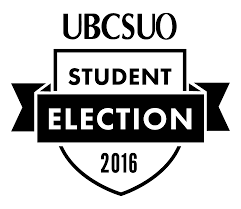 Are elections really the best way of choosing representatives in leadership? Should there be a mandatory percentage turnout to make an election valid? These were the questions that came to mind when I pondered over the immediate past UBCSUO elections that were held in mid-March, which brings us to the theme of this article, apathy in student politics.
Are elections really the best way of choosing representatives in leadership? Should there be a mandatory percentage turnout to make an election valid? These were the questions that came to mind when I pondered over the immediate past UBCSUO elections that were held in mid-March, which brings us to the theme of this article, apathy in student politics.
Most of us are guilty of it, myself included, failing to realize the extent to which our inconsideration affects our long term benefit. Across various electoral boards, the phrase, “it makes no difference”, is the excuse many give for their non participation. The belief that individual votes do not really count, in the grand scheme of things, is in itself detrimental to the concept of democracy.
What interested me the most about this particular election was the social media buzz which came with it. Yik Yak, a platform that has some ‘Twitter-esque’ features with an anonymous identity option, was the go to for many keyboard warriors. Refreshing the app every other hour, a plethora of different sentiment could be seen; from the good, to the bad to the ugly. In some cases people advocated for change while others propagated hateful comments, but the most popular ‘Yaks’ were mainly attacks on the Student Union. The legitimacy of the union was questioned in multiple instances barring an allegedly rigged election, which I personally also found interesting.
The fact of the matter is, under 1,500 people voted. Less than 20% of our student body decided who runs our student union and this is an increase as opposed to the under 10% turnout in previous years. This real question of representation, because can we say the views of under 20% account for the full campus population? Can we truly say democracy is functional in this setting? Could the apathy be a sign that we need to work on building the credibility of our union so students actually feel the system works? I think so. I believe the union can do a lot more to show what they do and how they do it, so students know the importance of having a voice in campus affairs and the benefits of unionization. Also I believe campaigns where students can collaborate with the union to further the campus society and local talent in our small community can also help alleviate this issue.
I will end this piece with one of my favourite quotes from, in my view, one of America’s greatest Presidents:
“Let us never forget that government is ourselves and not an alien power over us. The ultimate rulers of our democracy are not a President and senators and congressmen and government officials, but the voters of this country.”
Franklin D. Roosevelt

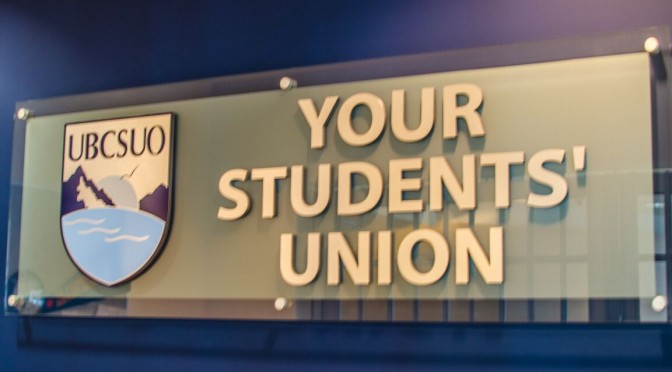
 Follow
Follow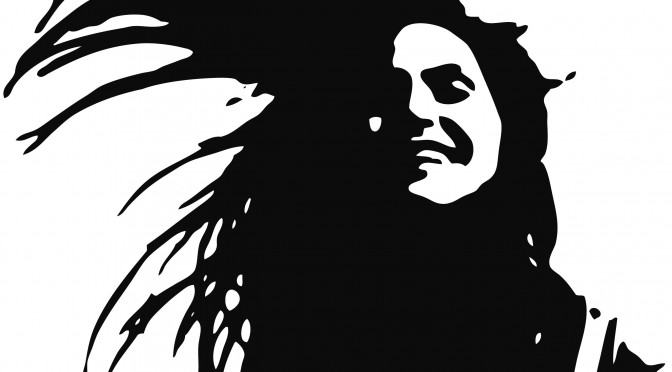
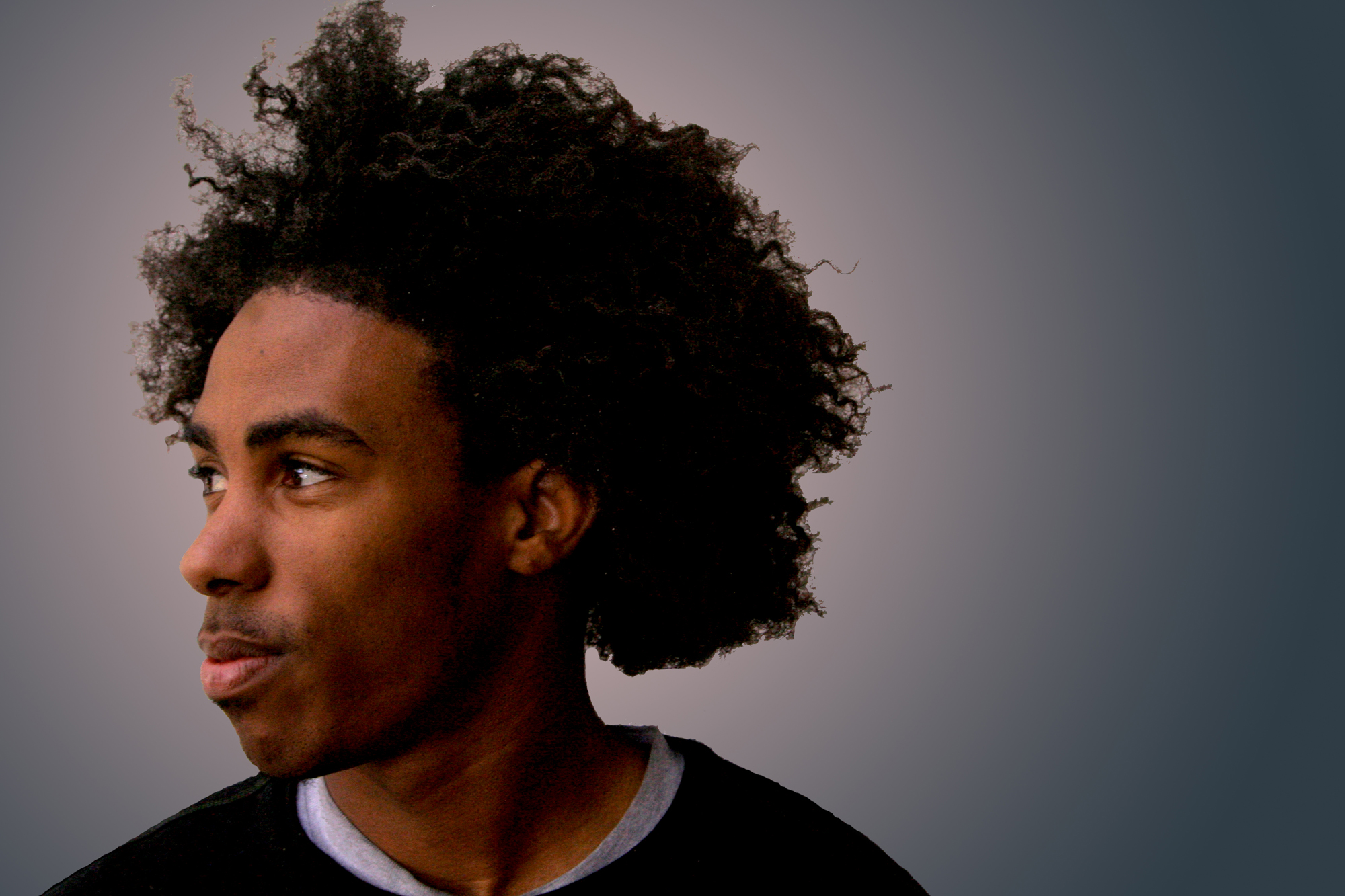
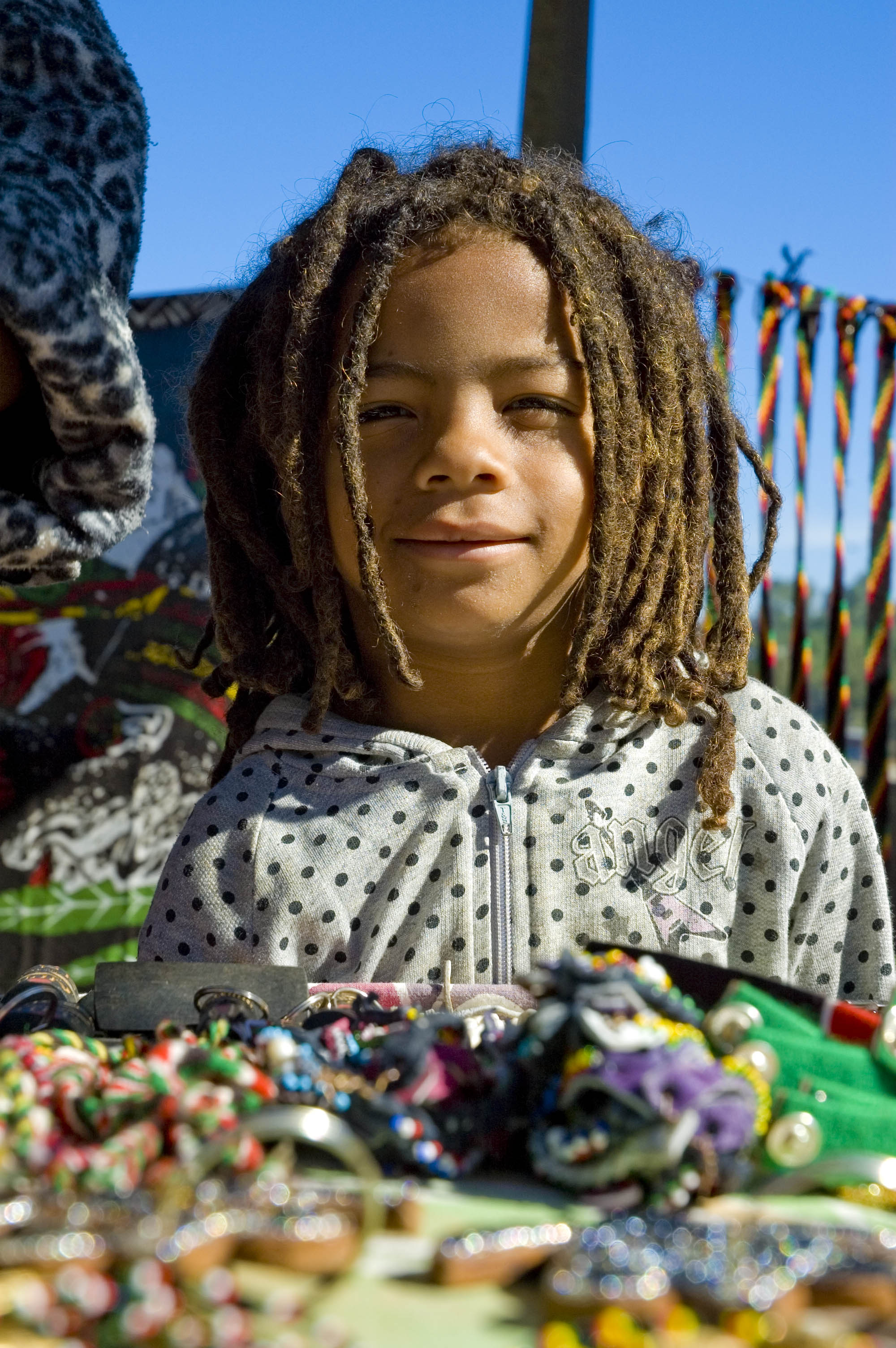 For a long time, Eurocentric beauty standards have been the order of the day and people who have not subscribed to these standards especially in the professional world sometimes face institutional racism. They are sent home from school because of their hair whose texture they have little control over, or are less competitive for job opportunities because of their ‘unprofessional’ hairstyles. Siona spoke on the reasons why ‘wearing your mane’ was a source of pride, as well as the damage that heat use (for straightening) does to black hair and the costs black women have to go through to be professional.
For a long time, Eurocentric beauty standards have been the order of the day and people who have not subscribed to these standards especially in the professional world sometimes face institutional racism. They are sent home from school because of their hair whose texture they have little control over, or are less competitive for job opportunities because of their ‘unprofessional’ hairstyles. Siona spoke on the reasons why ‘wearing your mane’ was a source of pride, as well as the damage that heat use (for straightening) does to black hair and the costs black women have to go through to be professional.